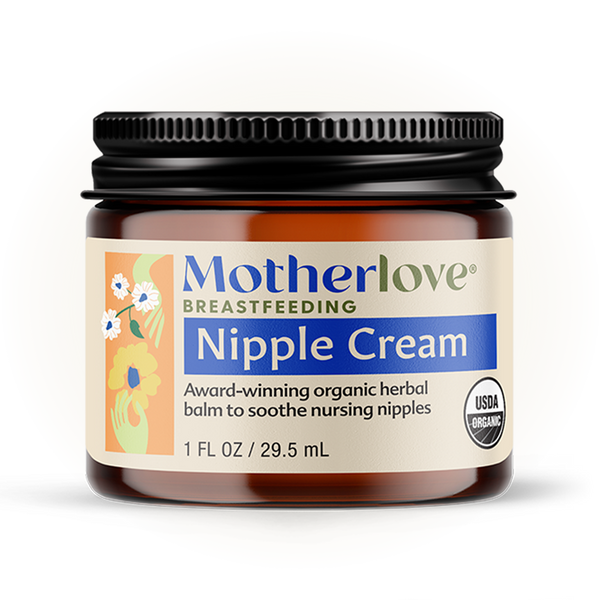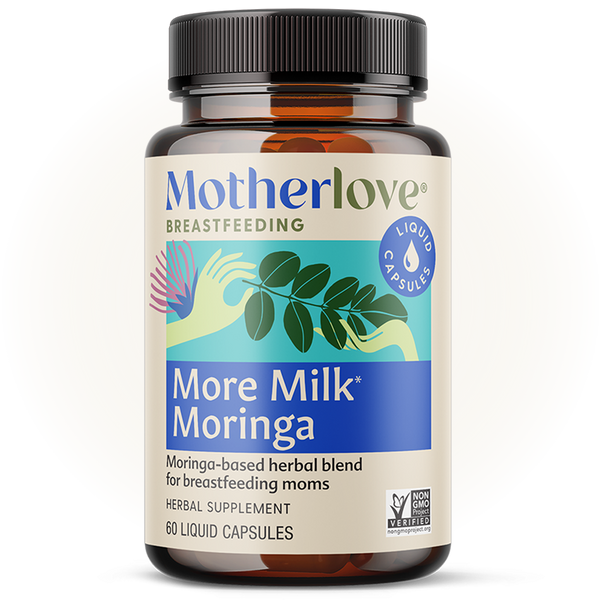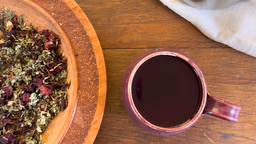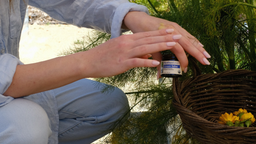Many mothers say they noticed they had produced more milk or that their milk came in quicker with their second child than they did with their first. How is this possible? First, we have to discuss milk storage capacity.
WHAT IS MILK STORAGE CAPACITY?
Your “milk storage capacity” refers to how LONG you can likely go between nursing/pumping, NOT how MUCH milk you can make. We can imagine a cluster of grapes to demonstrate the storage capacity of the breasts while breastfeeding. The size and number of “grapes” determine how much milk your breasts can hold. How full or empty the grapes are, determines how much milk your “grapes” will make.

Therefore, a smaller cluster of "grapes" has a smaller window to send signals to make milk, whereas a larger "grape" cluster has a larger window. The storage capacity can then affect the time between nursing or pumping to maintain your milk supply.
When you have fewer or smaller "grapes", your baby will likely feed more frequently.
When you have more or larger "grapes", your baby will likely feed less frequently. This can be why some moms aren’t as affected by a longer time between nursing or pumping as other moms.
BREASTFEEDING SUBSEQUENT BABIES
What’s also fascinating is that a mother tends to have more "grapes" or larger "grapes" with their second baby because the mammary gland “remembers’ the first pregnancy and starts making milk more quickly the second time around. This might explain why mothers often find that they produce more milk for their second child than for their first child. One study found that significantly more breast milk was produced during the 1st week of lactation with their second child. They also spent less time feeding their second baby during each feed.
The most important thing to remember is that your baby knows how much milk they need. They will send the cue to your body to make as much milk as they need with however many “grapes” you have. So you don’t need to know exactly how many milk-making sacs you have (grapes) or how big they are to determine how frequently to feed. Your baby always knows best!





